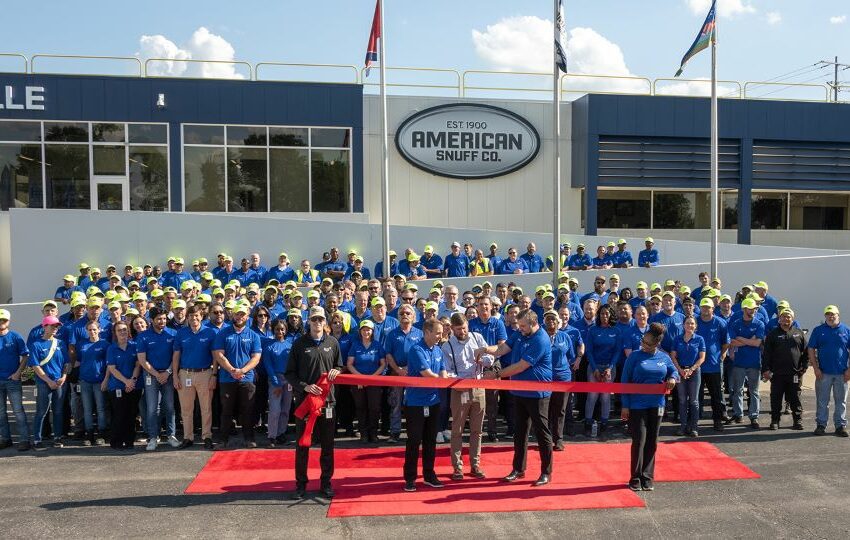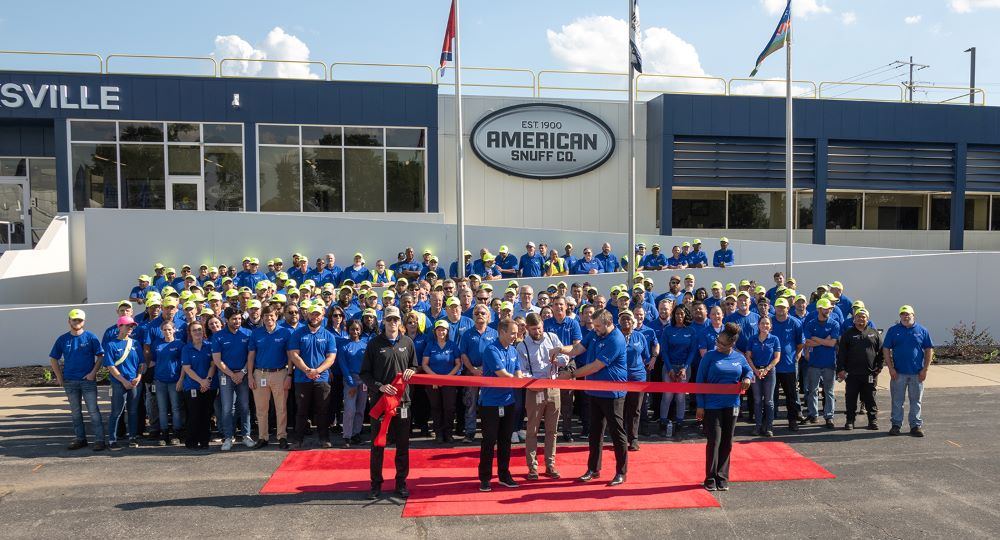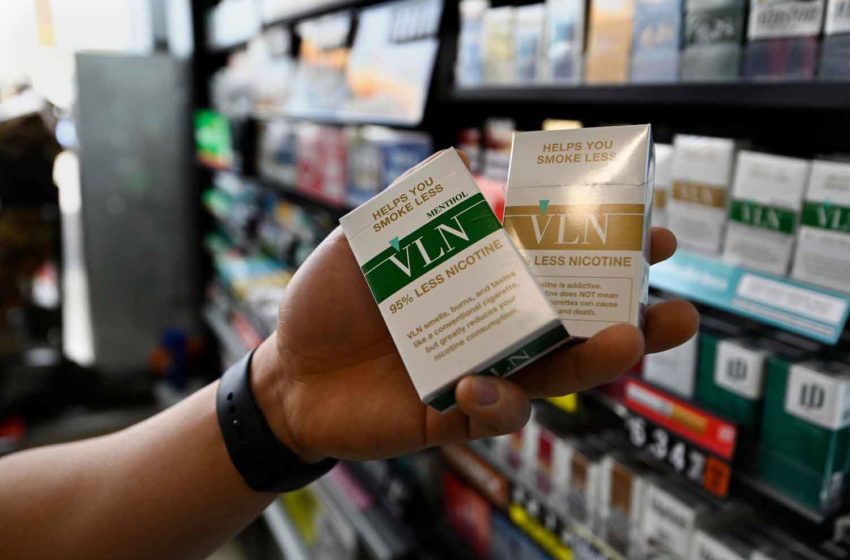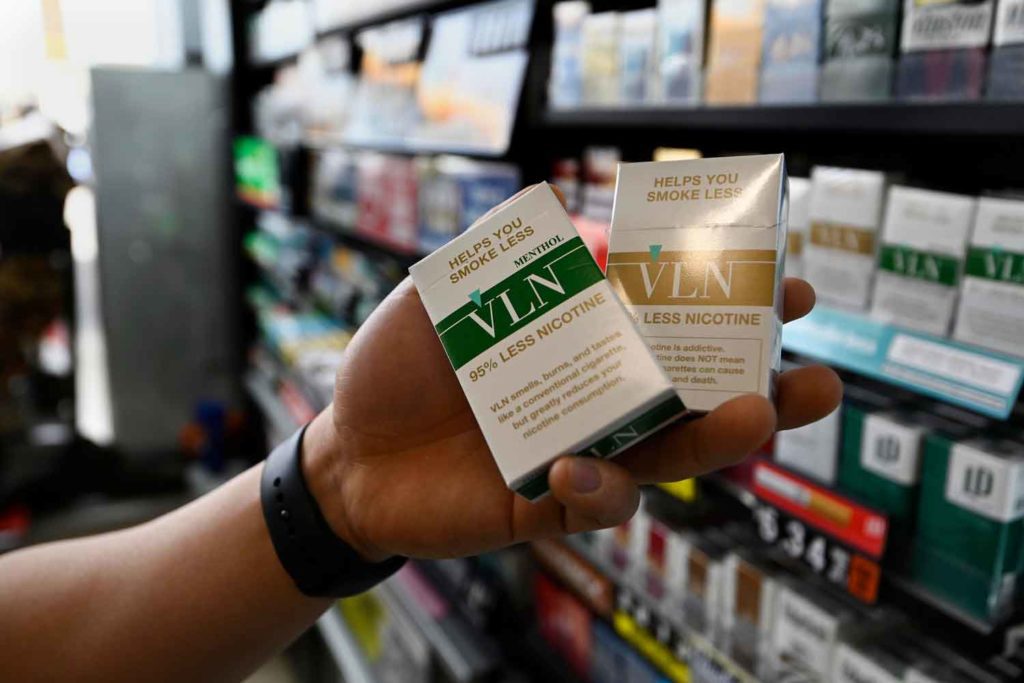
The Pacific Cigarette Company (PCC) was granted a request to be placed under voluntary business rescue following an assessment by revenue authorities that alleged tax violations and outstanding obligations, leaving the company facing liability in the amounts of USD19.3 million and USD79.8 billion, reports The Herald.
The tax liability also put the company in an insolvent position, according to the PCC, formerly Savanna Tobacco Company.
The PCC connects the financial issues to foreign currency challenges faced by Zimbabwe in 2005, when the PCC entered a partnership with the Reserve Bank of Zimbabwe (RBZ) and piloted toll manufacturing to survive the introduction of 50 percent foreign currency surrender requirements on exports.
“Through toll manufacturing, PCC and other businesses were able to source raw materials from their customers, ensuring their sustainability, while complying with the RBZ’s 50 percent foreign currency surrender requirements,” the company said.
“Then the Reserve Bank governor promoted toll manufacturing as a durable business model for companies facing similar foreign currency challenges.
“Since then, the toll manufacturing model has been our accepted raw material funding model, removing the need for PCC to finance the working capital for export raw materials.
“In June this year, without any notice, Zimra performed a spectacular U-turn that has undermined the stability of the business and deemed the raw materials funded by our customers as income, subject to VAT,” according to the PCC.
“They also levied an arbitrary markup and interest penalties on PCC for the tax assessment period 2018 to 2020, to which we have objected.
“The issued tax assessments against the company impose tax liabilities amounting to USD19.3 million and USD79.8 billion.” The PCC alleges that Zimra garnished all its bank accounts. “Next, Zimra took the unprecedented step of instructing our customers to pay Zimra any monies owed to PCC, effectively closing off all the company’s income streams.
“In an effort to get the garnish lifted, PCC submitted a payment plan proposal while awaiting the determination of the objection, which payment plan was rejected by the tax authority,” said the PCC.
“Zimra’s unprecedented actions on false tax violations have regrettably placed PCC in an insolvent position, forcing the company’s directors to place the business under voluntary business rescue to safeguard the interests of all creditors and stakeholders whilst the company continues to try and amicably resolve the matter with the tax authority.
“PCC applied to be placed under voluntary business rescue on Oct. 2, 2023, and the Master of the High Court Oct. 4, 2023, appointed Mr. Reuben Mukavhi of Rubaya-Chinuwo Law Chambers Legal Practitioners as the corporate business rescue practitioner,” according to the company.
“The Zimbabwe Revenue Authority is not in a position to comment in the public domain on the tax affairs of an individual taxpayer as the law through the preservation of secrecy protects clients’ right to confidentiality,” Zimra said.
The PCC is Africa’s second-largest indigenous tobacco company and Zimbabwe’s first locally owned cigarette company.


















